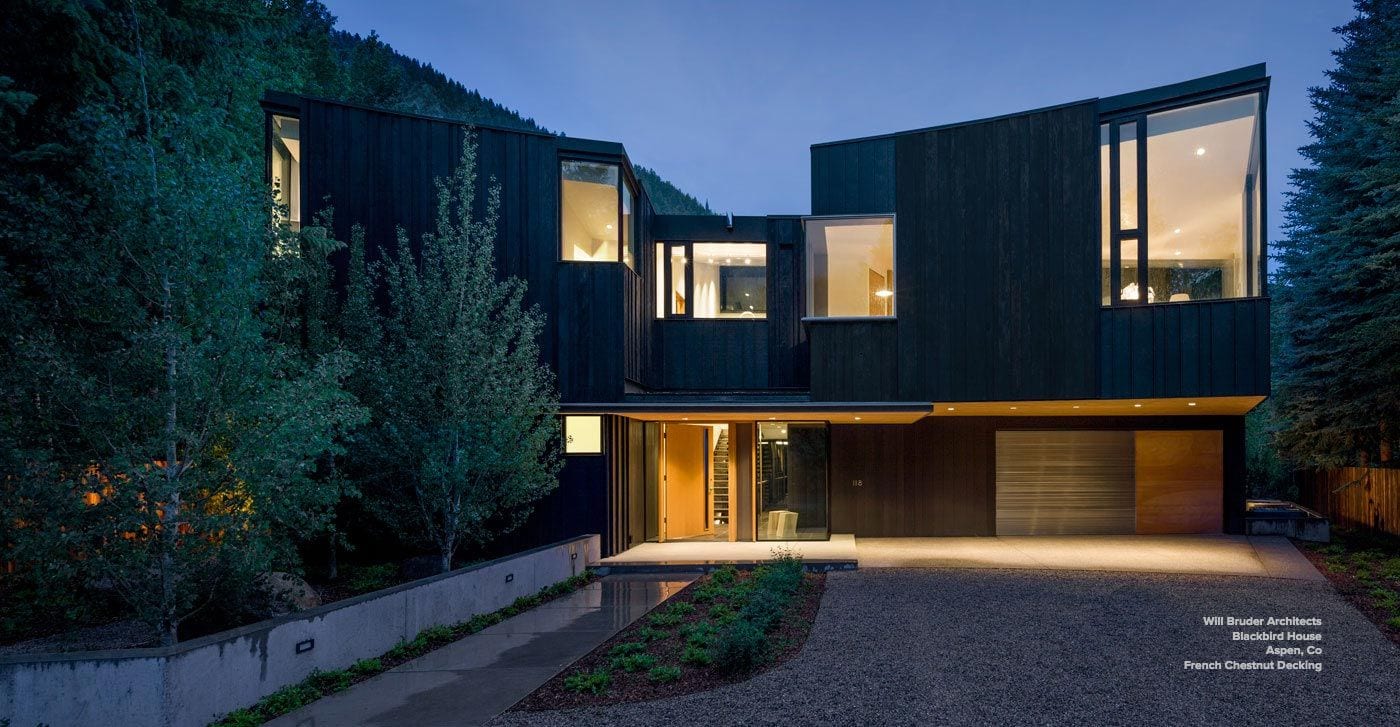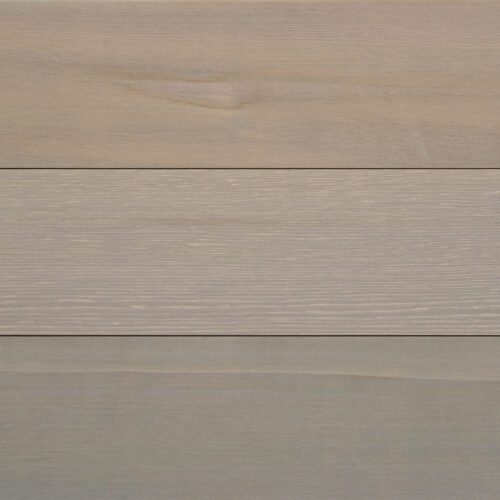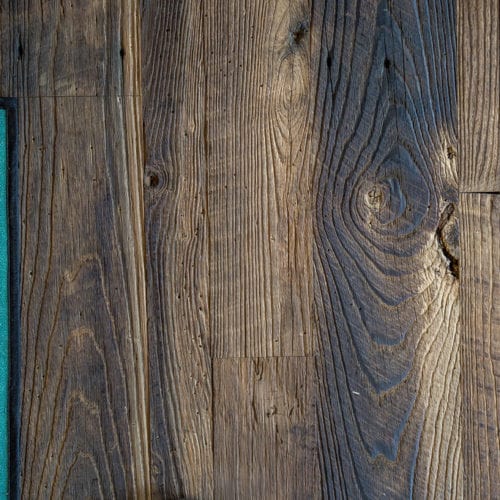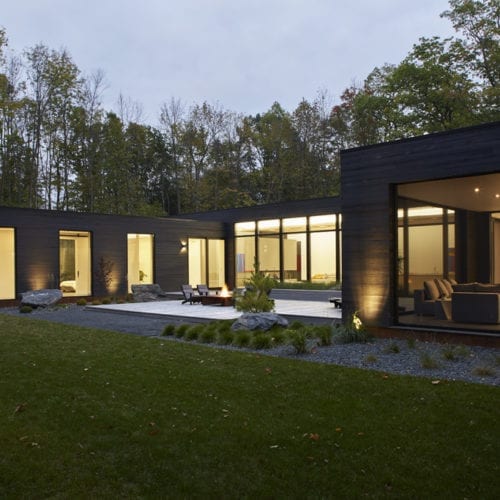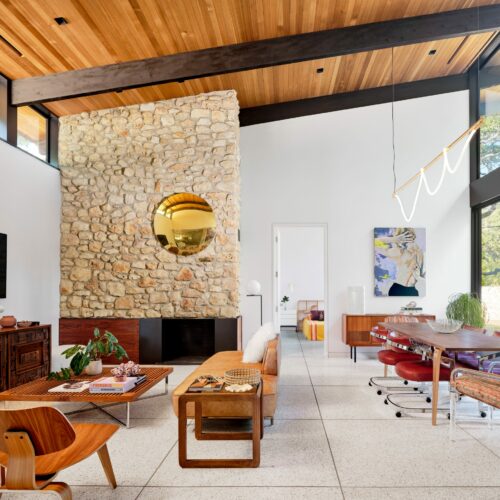Specialty wood can be a beautiful addition to any commercial or residential remodel or project. With so many woods and finishes to choose from, you may find yourself overwhelmed with choices when deciding what specialty wood to use. The range of choices available today leads to more complexity, and the exciting, sizable wood market can be confusing to the unfamiliar.
At Delta Millworks, we’re proud to have a rich history of providing specialty wood products to meet architectural specifications, and have worked with interior designers, architects, and homeowners alike to find the best wood for both interior and exterior projects. We wanted to give a basic rundown of a few types of specialty wood as well as some basic tips on how to make your wood selection. Each kind of wood has its own individual properties, making it uniquely qualified for certain purposes. Let’s look at the basics of four choices, illustrating the differences that can be seen from one wood to another.
Cypress
Cypress tends to grow the best in the southeastern United States and is a softer kind of wood. Along with its distinct smell, cypress is rich in oils that work well as natural insect, mold, and moisture repellent. For these reasons, it is often used for siding on houses as well as decking and fencing. In addition, it reacts quite nicely to Shou-Sugi-Ban processes in which flame is used to beautifully enhance the wood’s surface qualities.
Redwood
Redwood is another softwood that is also quite effective at resisting weather and insects. It works well in most construction applications as it is light, strong, durable, and not inclined to warping. Redwood is a great insulating wood due to its molecular composition, employing millions of tiny pockets of air throughout. Finally, the tannic acid found throughout this wood makes it naturally fire-resistant.
Douglas Fir
Douglas Fir is undoubtedly the strongest, most durable type of wood of our four listed here. With this material, you can support the heaviest weights and not worry about an inclination to warping that can happen to many other kinds of wood. This material also reacts wonderfully to Shou-Sugi-Ban and other fine customization applications. In addition, the grain of this wood is notably straight, with knots and circular patterns virtually nonexistent.
Southern Yellow Pine
With the best offerings originating from Texas, Southern Yellow Pine is the ideal interior millwork and trim material. With no splintering, slivering, knots or other, common workability issues, this wood can be worked with down to the finest detail, and is simply beautiful when charred.
Making the Choice
When working with wood you should first consider the application it is needed for. For example, outdoor siding requires weather-resistance and outdoor durability. Cypress may then be your best choice due to its matching qualities.
Perhaps you want to build an elaborate tree house or even a wooden patio to surround an outdoor hot tub. Here, Redwood would be a good choice for main construction components due to its elevated insulating qualities. To trim out the finished product with some nice, decorative touches, Southern Yellow Pine may then be a consideration because of its excellence in fine working applications without splintering and breakage.
Contact Delta Millworks Today
In the end, each wooden component to your project will have requirements. Will it be required to be strong and hold weight, or will it need to act as a decorative element? The purpose should always dictate the type of wood used. For additional help with your specialty wood selections and fine woodworking matters, contact a Delta Millworks representative. We look forward to discussing your project with you.
